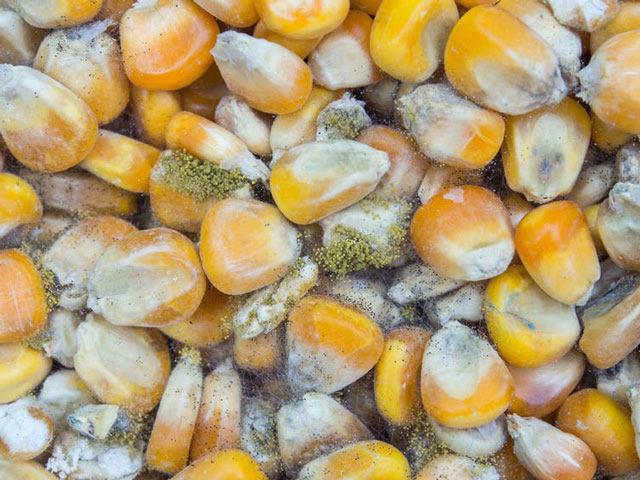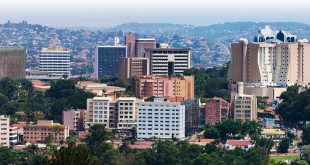
Nimule, South Sudan | THE INDEPENDENT | Uganda and South Sudan are set to harmonise sampling, test methods and certification processes to enhance bi-lateral trade, especially for goods originating from within the two countries.
This is part of the outcomes of a meeting between the Uganda National Bureau of Standards (UNBS) and the South Sudan National Bureau of Standards (SSNBS) an Nimule at the common border.
The meeting was one of the steps to resolve differences that arose between Juba and Kampala early last year over maize exports from Uganda, which the SSNBS blocked from entering the market claiming poor standards.
More than 100 trucks remained stranded at the border and the standoff was made worse when South Sudanese authorities locked up grain stores on the Ugandan side of the border.
Subsequently, a Joint Ugandan Delegation led by Odrek Rwabwogo, the Chairman of the Presidential Advisory Committee on Exports and Industrial Development (PACEID) traveled to Elegu-Nimule town to negotiate the release of the impounded Ugandan Trucks with maize grain.
“Since then, UNBS embarked on batch sampling and laboratory analysis of maize grain and flour exports to S. Sudan in designated sampling yards in Central (Afrokai in Matugga), Eastern (Uhuru Parking, Mbale) and Northern Uganda (Layibi in Gulu), utilising the UNBS Central and regional testing laboratories,” says UNBS.
Since this intervention, the UNBS reports, 346 out of the 367 samples representing 94.2% of the total maize flour samples analysed, complied with the standard requirements. These were from 23 companies certified by UNBS.
The two National Standards Bodies have thus agreed that all products covered by Compulsory Standards including cereals and cereal products, mainly maize flour, must be certified by UNBS prior to being exported to South Sudan.
Also, a Sanitary and Phyto-Sanitary (SPS) certificate from competent authorities in Uganda will have to accompany other exports including fruits and vegetables, dairy products like fresh milk and yoghurt, chicken and chicken products, fish and fish products and others.
The two also agree that a technical team from the two standards bodies be set up to harmonise sampling, test methods and certification processes, among other resolutions.
“UNBS therefore urges all manufacturers and traders intending to export goods to South Sudan to ensure that they undergo the UNBS certification process and obtain a certification permit and a SPS certificate where applicable, for the smooth flow of their goods and services to South Sudan,” says Acting Executive Director, Nangalama Daniel Richard Makayi.
To apply for certification, manufacturers and traders have to obtain the respective standards from the UNBS website via and ensure that their products meet those standards.
They are required to have a Tax Identification ldentification Number (TIN), E-Mail Address, and Certificate of Incorporation from Uganda Registration Services Bureau (URSB), Product process flow chart and product labels and markings.
This, Makayi says, is being done not only for exports to South Sudan and other markets, but also for the health of Ugandans. “UNBS continues to perform its mandate of enforcing standards to protect the health and safety of consumers and the environment against dangerous and sub-standard products.”
The body vows to also “keep ensuring fairness in trade and strengthening the economy of Uganda” by assuring the quality of locally manufactured products to enhance the competitiveness of exports in regional and international markets.
****
URN
 The Independent Uganda: You get the Truth we Pay the Price
The Independent Uganda: You get the Truth we Pay the Price


